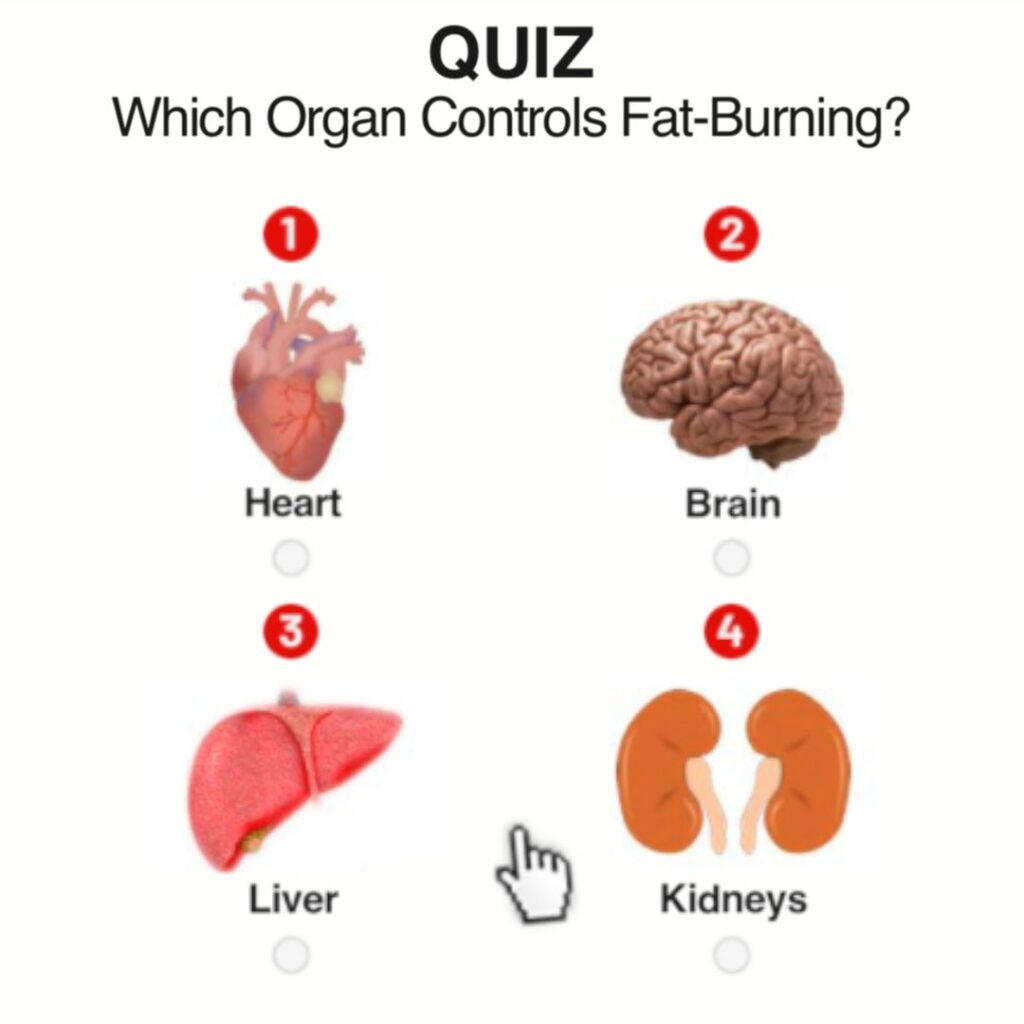When it comes to diet and nutrition, the narrative these days seems to center on the obesity epidemic and weight loss. It’s no surprise — weight loss is a $61 billion-per-year industry, and obesity costs us $190 billion in medical expenditures as a country. With so much emphasis on losing weight and fat, the other benefits of a nutritious diet sometimes take a back seat. Here are some other reasons eating healthy is good for your mind, body and life.
Increase your work productivity
There have been many studies on workplace productivity, and many have shown that the healthiest workers are the most productive workers. One of the largest studies was done in 2012 by researchers at Brigham Young University who studied more than 19,800 workers at three large companies. The BYU team looked at how behaviors such as eating unhealthily, smoking and rarely exercising affected the workers’ productivity, along with demographic factors, such as age, marital status and education. Among the most significant influences on productivity was regular exercise three times per week, which lowered the risk of lost productivity by 50 percent, and consumption of five or more fruits and vegetables, which lowered the risk of lost productivity by 39 percent. The greatest influence was consistent healthy eating, which lowered the risk of lost productivity by 66 percent.
A number of compounds found naturally in foods have been shown to positively effect mood. One of the most famous examples is dark chocolate with its naturally occurring cocoa polyphenols. Of course, chocolate can be highly caloric and lead to weight gain if you have too much. The good news is that polyphenols are found naturally in a number of other foods, many of which are in your grocery store’s produce section. Small fruits such as blackberries, blueberries, grapes, cherries and currants have the most polyphenols by volume, but soy and green and black teas are also good sources of the mood-lifting compounds.
And polyphenols are not the only natural mood lifters — some of the molecules in natural foods have a similar structure to common mood stabilizers, according to the American Chemical Society.
Stress will ruin a good mood quicker than almost anything. Cortisol is the hormone responsible for stress, and chronic stress can lead to muscle breakdown and fat gain. Recent studies have found that vitamin C and magnesium can help regulate cortisol levels, while omega-3 fatty acids can reduce the effect of stress on the brain. To keep stress levels low and get your daily omega-3s, magnesium and vitamin C naturally, eat foods such as fish, nuts and plenty of fruits and vegetables.
Improve heart health
Heart disease is the nation’s leading killer, so it’s important to take steps to protect your most important muscle. The old wisdom was that red meat is to blame for many heart problems, but as scientists study foods and the heart more closely, that seems to be only partly true. More recent research by Harvard scientists points to the consumption of processed red meat being a bigger indicator of heart disease down the road (not to mention Type 2 diabetes). Processed meats include cured meats, such as ham and bacon, dried or ground meat and sausages, including salami and other lunch varieties. Eat these foods sparingly, and while you’re at it, pick up some almonds, which have been linked to a reduction in heart disease.
Protect against disease
Heart disease isn’t the only illness associated with unhealthy choices — it’s just the most talked-about. For women especially, a diet rich in calcium helps protect against osteoporosis, a disease in which the body’s bones become brittle as we age. Osteoporosis is painful enough on its own, but brittle bones can lead to painful breaks that can cost seniors a lot in terms of mobility and medical bills. Dairy is a plentiful source of calcium, but for those who are lactose intolerant there are plenty of vegetables full of calcium, such as dark, leafy greens, white beans and soybeans. Furthermore, lean proteins have been correlated with lower stroke risk in trials, and omega-3s are correlated with rheumatoid arthritis remission.
While arthritis research is still underway, more clear is the role of diet in cancer. It’s been estimated that 30 to 40 percent of all cancers are preventable through a healthy lifestyle and dietary changes, and this is especially true for breast cancer. The consumption of cruciferous vegetables — a family that includes broccoli, Brussels sprouts, cabbage and cauliflower — has, in some cases, been directly linked to a lower risk of breast cancer. In one study, women who ate more Chinese cabbage and turnips had a lower risk. Vitamins C, D and B-12 are thought to protect against cancer, as are chlorophyll and carotenoids — all of which are easily consumed in a diet rich in fruits and vegetables.
Fuel your workouts
Simply put: Good workouts depend on good nutrition, and this is especially true for longer bouts of activity. A balanced diet high in micro- and macronutrients is best for anyone who exercises regularly, especially runners. This means plenty of fiber-rich whole grains that fuel your cardio so that your body doesn’t break down muscle for fuel instead. A lot of low-carb dieters don’t like to hear it, but the science doesn’t lie: Runners and cyclists who are properly fueled with carbs can go faster and longer. To get the most for your calories, choose whole-grain, brown carbs, such as brown rice and wheat bread, that offer plenty of vitamins and minerals per serving, plus slow-digesting fiber that most people just don’t get enough of.
Help you age better
Visible aging is all about skin health, but healthy skin doesn’t begin and end with sun protection. Polyphenols, antioxidants and omega-3 fatty acids, all mentioned above, also protect the skin against premature aging. It’s the same fish, fruits and vegetables that protect your inner organs that will protect your outer organ — your skin. And don’t forget about lycopene, found mainly in tomatoes, which has many bodily benefits, including protection against skin-damaging ultraviolet rays.
Lengthen your life
Aside from preventing disease, a healthy diet rich in natural, unprocessed foods can help lengthen your life. Plant-based and Mediterranean diets, both rich in naturally occurring micronutrients and devoid of processed foods, have been found to have a positive effect on life expectancy. This comes from a number of research studies, and is independent of any single disease that could shorten the lifespan. So even if you’re not worried about illness, obesity or aging gracefully, the benefits of eating right are still worth taking advantage of for a long and happy life.
Original post found at: http://news.yahoo.com/7-reasons-eat-healthy-nothing-losing-weight-145501864.htmlP.S. Eating proper foods goes a long way in making your body work more efficiently including boosting metabolism and facilitating digestion. When we eat foods that’s unhealthy our bodies tend to hold on to it longer, causing such things as stomach cramps, irritable bowel syndrome and constipation. One leading result of poor diet is increased incidences of diabetes.
P.P.S. Visit Exercises for Diabetics Today to find out how proper nutrition can prevent and even reverse this dreaded disease.





